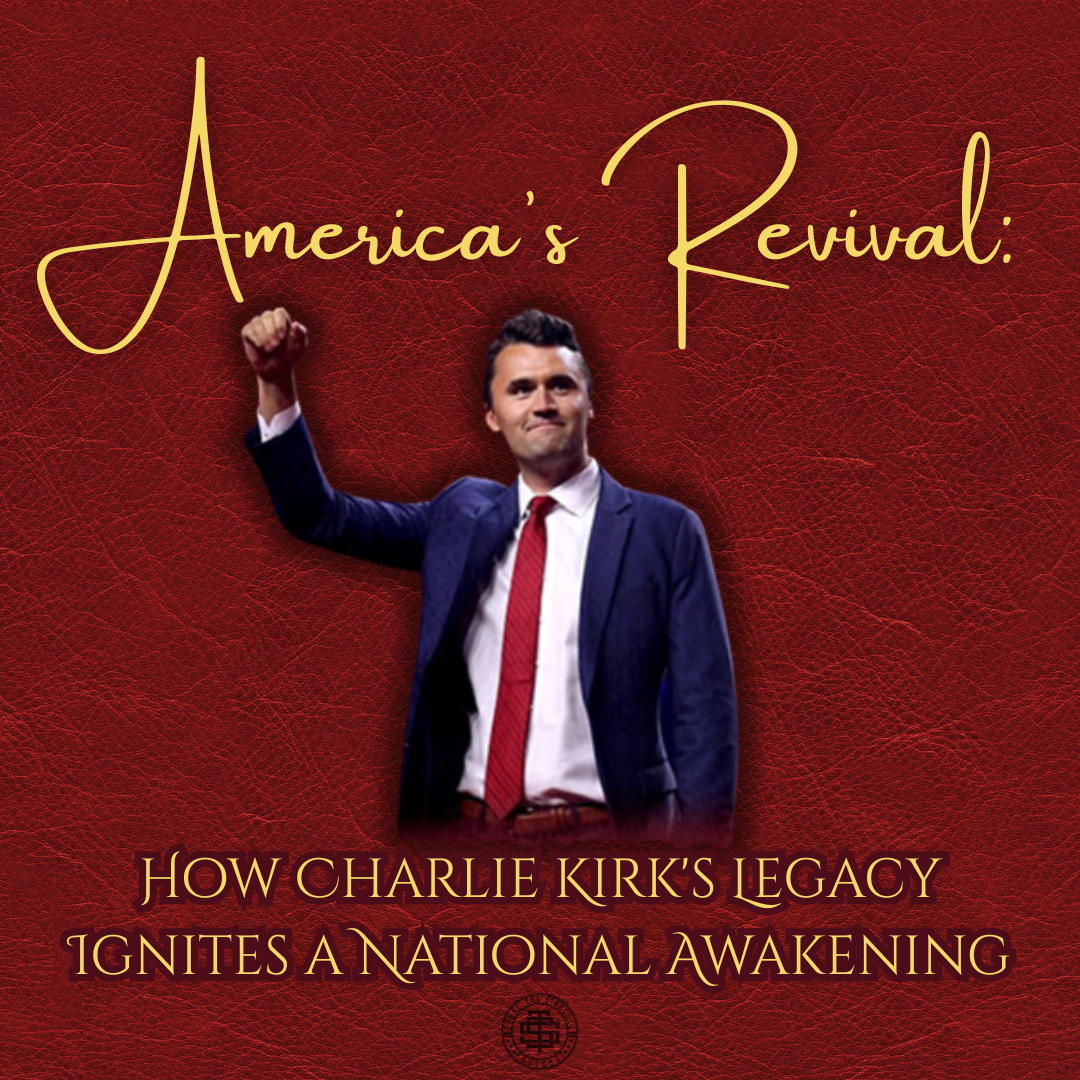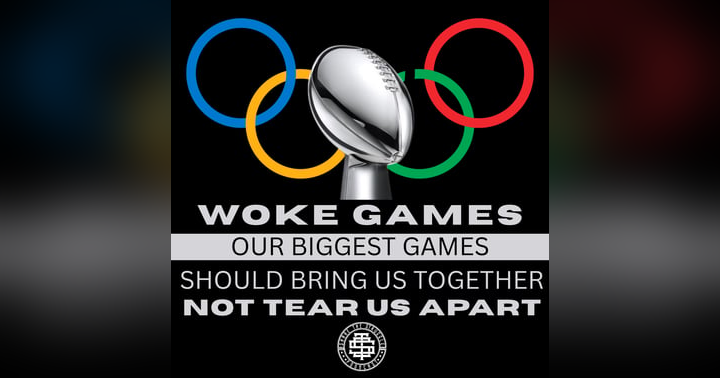America's Revival: How Charlie Kirk's Legacy Ignites a National Awakening

Charlie Kirk's memorial service wasn't just a gathering—it was a nationwide revival that touched millions of Americans and showcased the extraordinary impact one life can have when lived with purpose and conviction. What was expected by some to be a somber funeral instead transformed into a powerful testament to faith, courage, and the enduring legacy of a man who accomplished more in 31 years than most could in multiple lifetimes. The service, which reportedly drew over 100,000 in-person attendees with millions more watching online, potentially surpassing Super Bowl viewership numbers, became a defining cultural moment for America.
The memorial featured powerful testimonials from family members, close friends, political allies, and spiritual mentors who each revealed different facets of Charlie's remarkable life and mission. One particularly moving moment came when "America's pastor" recounted how Charlie had prophetically told him he would one day prove himself worthy of that title—a prediction fulfilled as he addressed the nation during this watershed moment. These personal stories painted a picture of a man whose impact extended far beyond politics into the realm of faith, personal transformation, and cultural renewal.
Perhaps most remarkable were the ripple effects emanating from Charlie's life and death. In just days following his assassination, Turning Point USA received over 67,000 requests to start new chapters, exponentially expanding the organization's reach. Countless Americans reported attending church for the first time, opening Bibles, and reconnecting with faith traditions they'd abandoned. Vice President JD Vance delivered a particularly poignant speech, admitting that Charlie had encouraged him to be more open about his Christian faith—resulting in Vance speaking more about Jesus Christ in the ten days following Charlie's death than in his entire political career combined.
The memorial also revealed previously unknown dimensions of Charlie's influence on American politics. Many listeners were surprised to learn the extent of his involvement in organizing Trump rallies, establishing cabinet positions, and introducing key political figures like JD Vance to President Trump. This behind-the-scenes impact demonstrated how thoroughly Charlie had integrated himself into the machinery of political change while maintaining his primary identity as a man of faith. His life embodied the courage he valued above all else—taking principled stands regardless of potential costs or consequences.
Erica Kirk's speech proved to be the most emotionally powerful moment of the entire service. Her grace in forgiving her husband's assassin and her revelation that Charlie had previously quoted Isaiah 6:8 ("Here I am Lord, send me") showcased the depth of his spiritual commitment. When she had cautioned him about the power of that declaration, noting that "God will take you up on that," neither could have known how prophetic those words would become. Her testimony transformed grief into purpose and demonstrated how faith can sustain even in life's darkest moments.
Charlie Kirk's memorial service will likely be remembered as a pivotal moment in American cultural history—not merely commemorating a life cut tragically short but catalyzing a spiritual awakening across the nation. His legacy continues through the thousands newly committed to faith, civic engagement, and principled courage. As one speaker powerfully summarized: "They wanted a funeral. They got a revival. America, we are so back." The impact of Charlie's life reminds us all that our time on earth is measured not in years but in purpose fulfilled and lives transformed.







